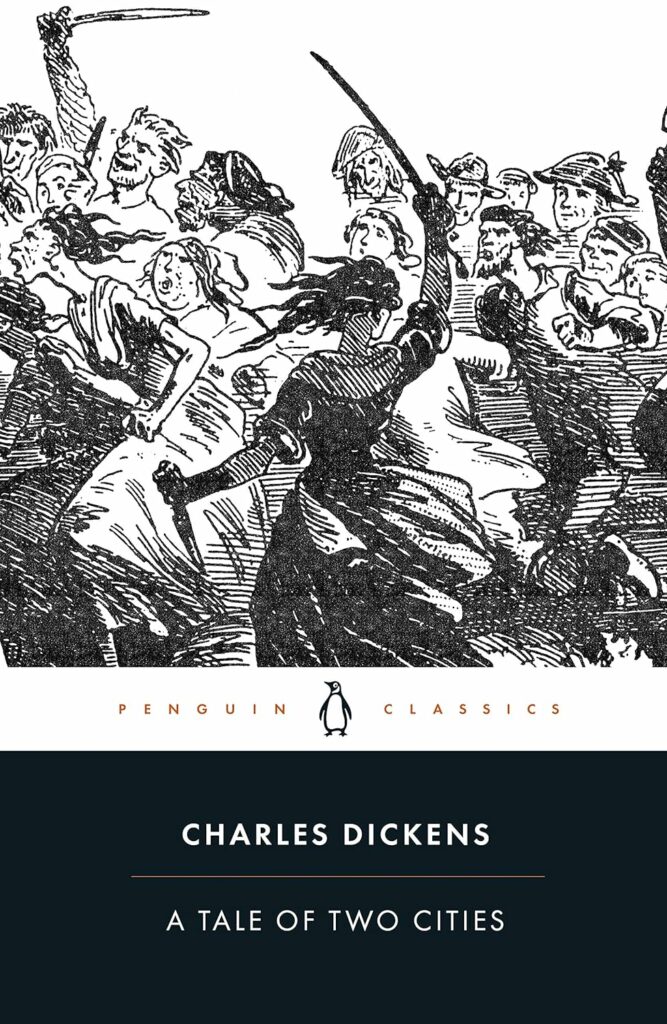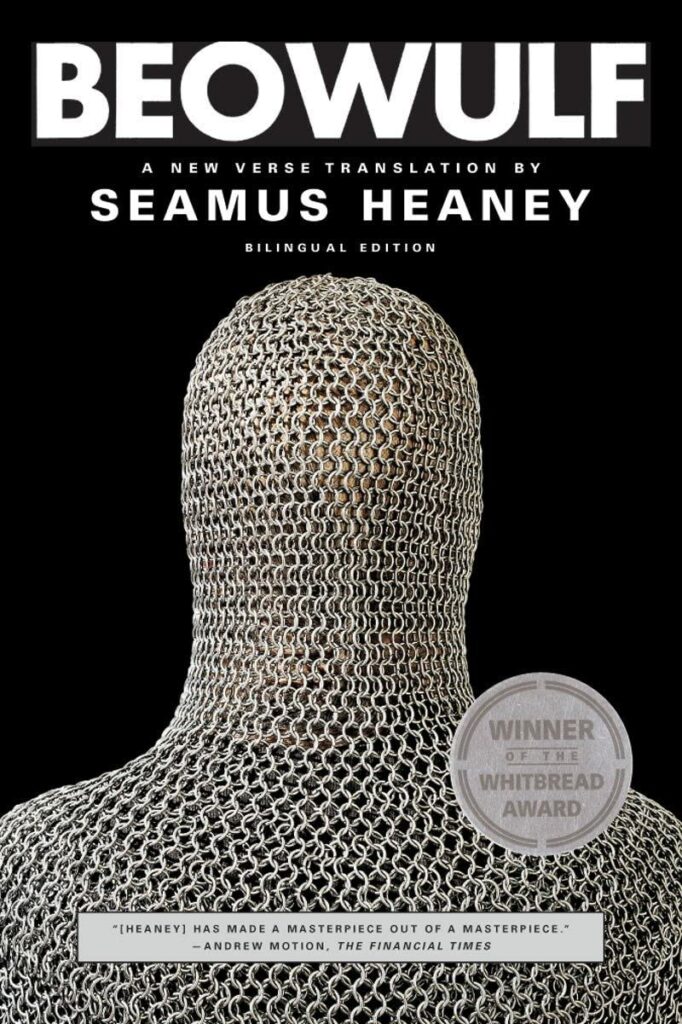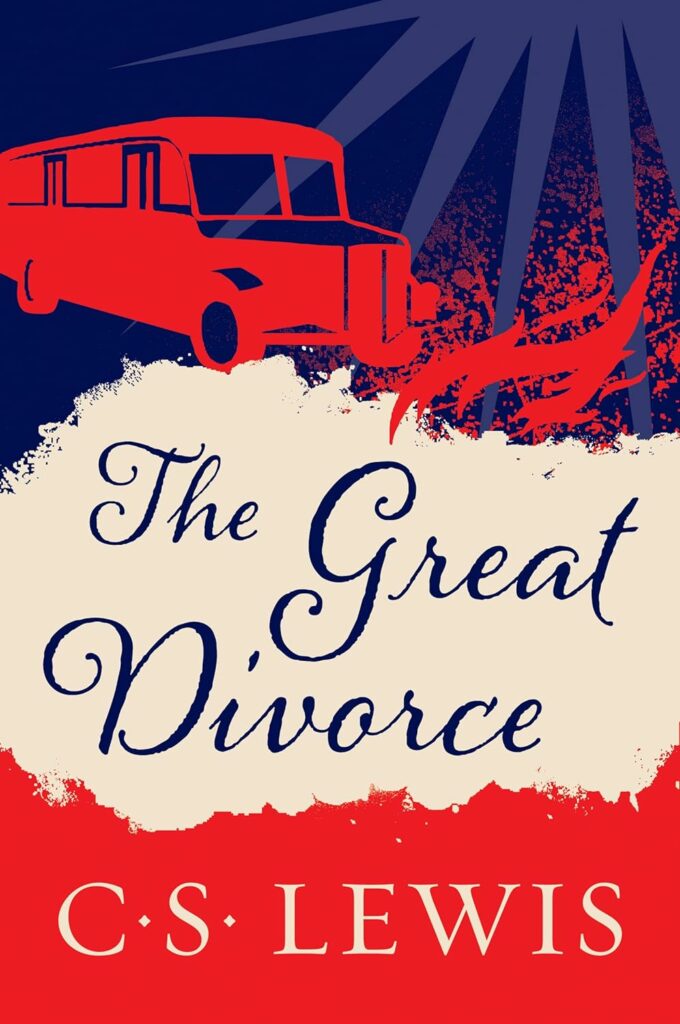It’s time for Betsy to get on one of her soapboxes: the determination of “rigor” and what makes for a “good book,” particularly in the world of academic requirements. I’ll just come right out and say it:
“More Pages” Does Not Automatically Equal “More Rigor”
I’m nearing the end of my homeschool journey. I began homeschooling with a one-week notice, almost ten years ago, mid-way through the year, when we abruptly moved across the country over Christmas break. Thinking it would only be for a semester, we sallied forth. It was exhilarating to choose the books we’d read! Definitely not the hardest issue for me in homeschooling (well, pruning the book list ranks up there on the difficulty scale). We graduated our oldest this past May; her twin brothers will follow next year. Homeschool worked for us!
I digress.

As I’ve traveled in homeschool circles for almost a decade, I keep running into scared mamas. They’re scared because they’ve not read “big books” and can’t “teach their kids” all the things. The Scarlet Letter, Moby Dick, Wuthering Heights, A Tale of Two Cities: these are daunting to them (and, therefore, to their children). Close on the heels of these fears follows the Standardized Test Nightmare: will such-and-such curriculum that reads such-and-such books Prepare My Child? The drums begin to beat. The bells begin to toll. Dread falls upon the household.
Incidentally, when I was on the curriculum committee for one school at which I taught, we had similar conversations. Traditional classroom teachers are discussing the same ideas.
Guess what? We can teach literary criticism and an appreciation for an author’s ability with short stories and short novels!
In fact, given the time frame for “English class” (whether this is an informal event in a homeschool or a more structured time in a classroom), I’d venture to suggest that more of your fiction reading selections should be short rather than long. Long novels are wonderful experiences, but we do not need to closely annotate The House of Seven Gables, The Last of the Mohicans, The Adventures of Huckleberry Finn, The Age of Innocence, East of Eden, and The Red Badge of Courage all in the same school year (particularly if we’re also reading poetry, short fiction, and nonfiction prose).

Instead of wallowing in all the words, consider swapping in some shorter titles for some of your analysis exercises. Up until relatively recently, authors were far more diverse in their outputs, often writing amazing short stories (and even poetry and nonfiction prose) alongside their lengthier novels. Flannery O’Connor, Jack London, Ernest Hemingway, Nathanial Hawthorne, Herman Melville, Stephen Crane, Mark Twain, and countless others in the American literature canon wrote thoughtful, elegant, finely crafted short stories. Other writers in the broader literary canon that come to mind include Tolstoy, Thomas Hardy, Joseph Conrad, H. G. Wells. Pondering them, reading them closely, and discussing them will yield fruitful literary analysis without weighing down your student’s academic load.
Please hear me: In no way am I advocating that we skip all long-form works. Nor am I kicking any of the novels I’ve mentioned to the curb. I’ve assigned The Adventures of Huckleberry Finn, A Tale of Two Cities, Beowulf, and many long works to my own children and to my literature students. My world literature students this past year read a truly impressive list of challenging works (I’m so proud of them!). But the world literature list was not necessarily more “rigorous” than my earlier American literature list. The difference is in how we approached them. We dug deep and picked apart sentences, figurative language, allusions—all the “street level” writing in our American literature year. Because I’d planned that, I intentionally chose some shorter, more approachable novels (O Pioneers! is a lovely piece of literature that is not very long; we read The Great Gatsby in graphic novel format!). Conversely, in our world literature year, we looked at our books from the sky: a big, overarching look at world cultures, literature through the ages, and a familiarity with some of the salient works of Western culture.
Choose the Best Books for your Situation
Instead of worrying about which books are most important for standardized tests, or which books are “rigorous,” spend more time worrying about which books are best for your students and your community. Teaching your children and students to read closely, whether it’s a Hunger Games novel or one by Willa Cather, will help your children read anything closely. Thinking critically is a skill that can (and should) be practiced with literally anything.

Expose your children and students to good prose without worrying about whether it’s the “right” book or a book that is “rigorous” enough. Some of the most beautiful prose I’ve read has been in children’s books and in short stories or novellas. C. S. Lewis is one of the best examples I know of an author who writes succinctly, yet powerfully (when was the last time you read The Great Divorce?). One of the wittiest, most clever pieces of writing I’ve read was E. B. White’s essay response to Thoreau’s Walden. And it’s only a few pages long. One of the most profound examples of 19th century stark realism is Jack London’s story “To Build a Fire.” It will stay with your readers long after the details of White Fang have faded.
You never know: exposing readers to the artistry possible in a given author’s works may prompt them to read, on their own, a longer work by the same author. My daughter went on to voluntarily read Moby Dick after we read Melville’s “Bartleby the Scrivener.” And she enjoyed Moby Dick far more than if I’d assigned it.
Long books aren’t bad. But neither are short works. Don’t confuse page count with rigor or with “best.” More pages does not automatically equal more rigor.
Support our writers and help keep Redeemed Reader ad-free by joining the Redeemed Reader Fellowship.
Stay Up to Date!
Get the information you need to make wise choices about books for your children and teens.
Our weekly newsletter includes our latest reviews, related links from around the web, a featured book list, book trivia, and more. We never sell your information. You may unsubscribe at any time.
We'd love to hear from you!
Our comments are now limited to our members (both Silver and Golden Key). Members, you just need to log in with your normal log-in credentials!
Not a member yet? You can join the Silver Key ($2.99/month) for a free 2-week trial. Cancel at any time. Find out more about membership here.

